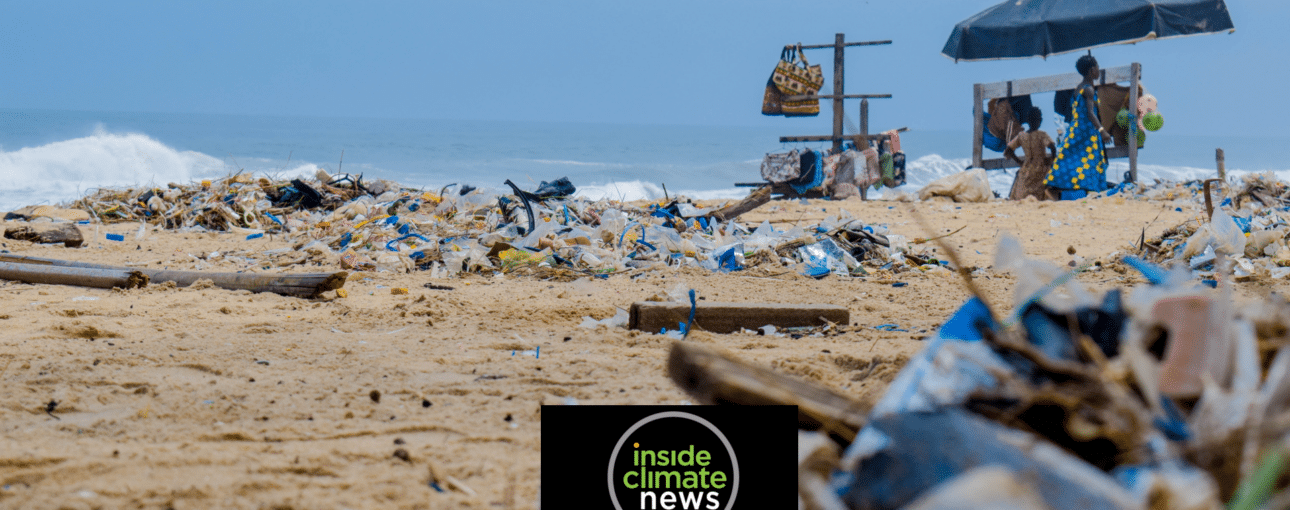The United States and other leading oil and gas producing countries that resist caps on future plastic production had a powerful effect on the latest round of United Nations talks aimed at achieving a global agreement to end plastic waste, observers said Tuesday.
Language that could result in plastic production caps remains in the text of a draft agreement but also continues to be a major point of contention
U.N. officials have declared plastics to be a big part of what it calls “a triple planetary crisis” of climate change, nature loss and pollution.
Some environmental advocates who closely followed the negotiations over the last week expressed concerns Tuesday that major oil and gas producing countries were effectively blocking future plastic production caps they believe are needed to blunt a further explosion of plastic production in the coming decades.
“With fossil fuel producing countries and the industry planning huge increases in plastics production, it’s worrying that the negotiations are stalled on this vital issue,” said Yuyun Ismawati, an Indonesian environmentalist and member of the steering committee of the International Pollutants Elimination Network (IPEN), a global network of more than 600 nongovernmental organizations in 128 countries working to eliminate toxic pollutants.
“Every ton of plastics produced creates a ton of plastic pollution—and with it, releases of toxic chemicals that poison our food, water, bodies and our future,” said Ismawati, a 2009 Goldman Prize winner. “We will continue to call on delegates to take up the critical need to address production limits in the agreement.”
Read the full story from Inside Climate News.
